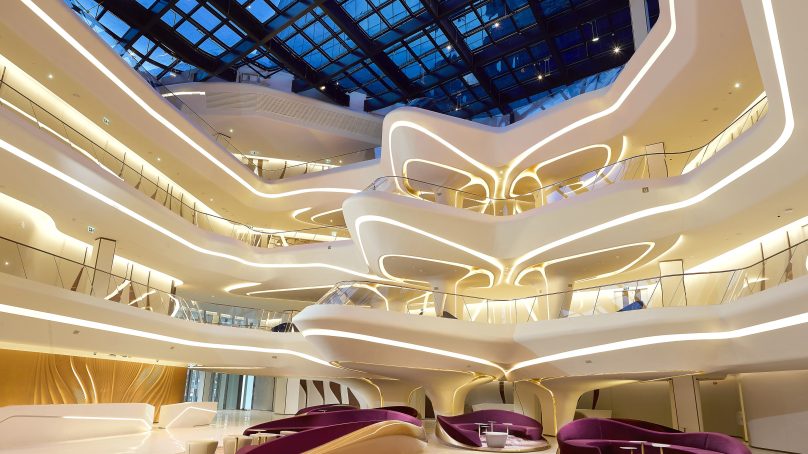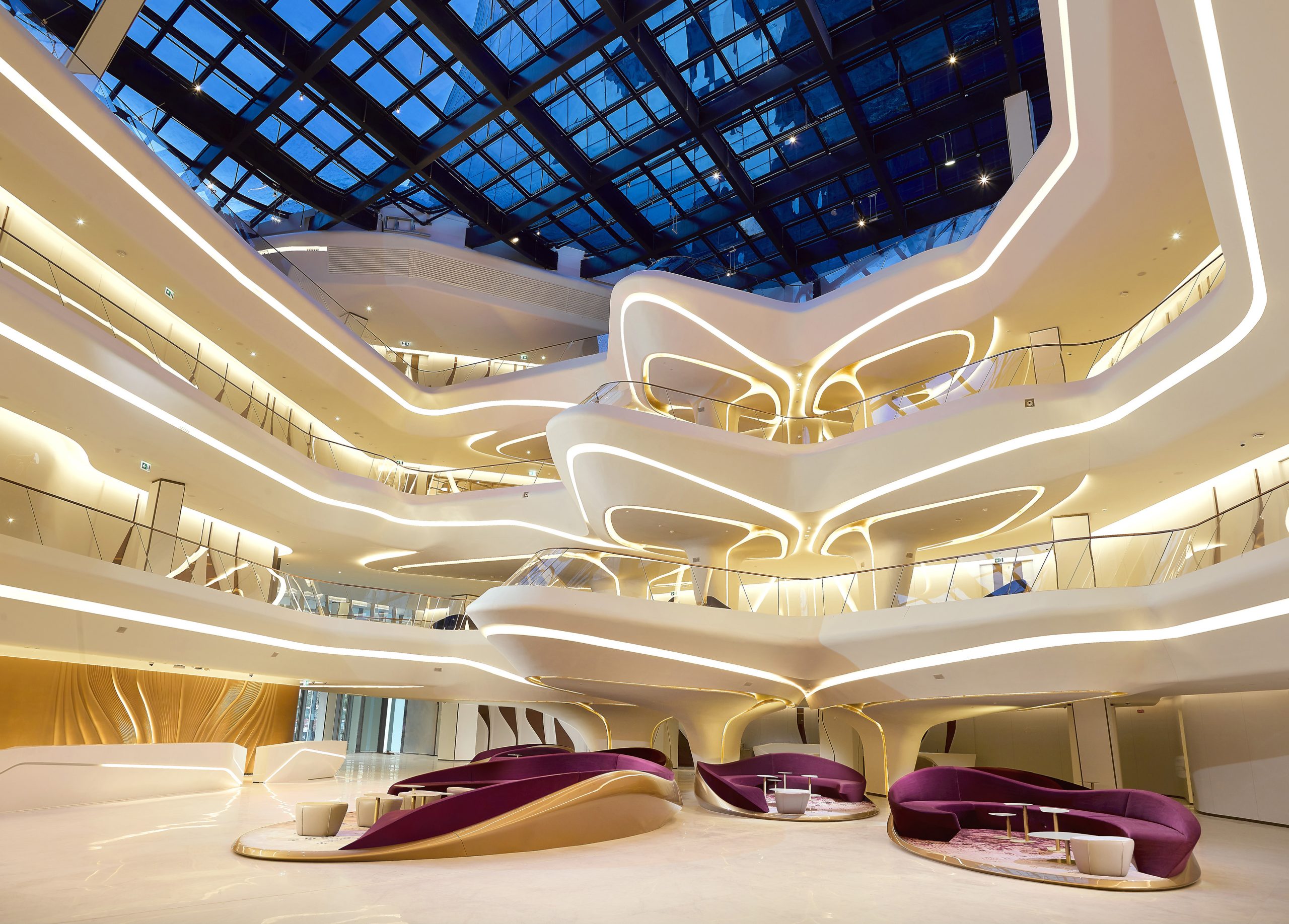

In a region as competitive and culturally dynamic as the Middle East, luxury hospitality standards are steadily rising every year. Moreover, while comfort, convenience and architectural grandeur remain essential foundations, modern travelers are seeking more authentic experiences. Consequently, this shift in expectations is profoundly reshaping each stage of the hotel experience, influencing both services and spaces. Ultimately, the transformation extends beyond suites and spas, beginning just as significantly at the front office welcoming every guest.
Often underestimated in strategic discussions, the front office is in fact a powerful engine for brand storytelling and guest satisfaction. According to a McKinsey report, leading hospitality brands are those that “build emotional connections with guests and anticipate their needs,” which begins at the front desk. Thus, the ability of front office staff to curate personalized experiences is fast becoming a core business differentiator.
Redefining the front desk
Traditionally viewed as a functional checkpoint, today’s front office is evolving into a gateway to curated experiences. Front desk professionals are no longer just the first point of contact; they are the architects of a guest’s entire stay. Their influence goes well beyond standard duties, shaping the emotional journey and setting the tone for the visit.
Instead of pointing guests to generic tourist hotspots, well-trained front office teams engage in dialogue. For example, guiding guests to hidden art districts or peaceful waterfronts showcases a hotel’s role as a trusted local host.
Expert Adele Gutman describes these interactions as “C.A.R.E.” – ensuring every guest feels Cared for, Appreciated, and Respected at every Encounter. For instance, noticing traveler fatigue or celebrating milestones with personalized touches highlight how micro-interactions create lasting guest impressions.
Technology as a personalization ally
Technology enhances rather than replaces hospitality by empowering staff with digital tools to deliver empathetic, efficient and personalized guest experiences. Thus, AI-driven systems and cloud profiles enable real-time insights, allowing teams to anticipate needs and provide genuinely tailored service.
Interestingly, 80 percent of hotels globally are using or planning to use AI and data analytics for personalization. Consequently, tech-enabled services are becoming the norm. Digital concierge platforms empower guests to explore amenities and request services independently, enabling staff to focus on meaningful personal interactions. Additionally, AI sentiment analysis provides instant feedback insights, helping teams address concerns promptly and enhance the overall guest experience. Moreover, smart room technologies personalize the in-room experience from the moment of arrival. When used thoughtfully, technology becomes a vital part of the guest journey.
Cultural fluency in a global destination
Cultural localization is crucial in global hubs like Dubai, requiring front office teams to balance global awareness with local authenticity. Consequently, through cultural sensitivity training, staff personalize interactions by honoring traditions, using native greetings and suggesting culturally relevant dining or experiences. Moreover, during occasions like Ramadan or Diwali, teams adapt services and amenities thoughtfully, creating authentic, respectful connections with guests.
Redefining luxury through experience
Today, true luxury is defined by anticipation, relevance and emotional resonance, which is achieved through thoughtful personalization led by the front office team. Guests remember small, unexpected gestures, such as pre-set room settings or handwritten notes, reflecting attentiveness and a hotel’s emotional intelligence. Moreover, prioritizing wellness and authenticity, emotionally intelligent, culturally fluent staff equipped with insights foster loyalty and consistently exceptional guest experiences.
The front office as a strategic asset
For decades, the front office was primarily operational, handling check-ins, check-outs and administrative duties, but that narrow role is no longer sufficient. Today, it serves as a strategic differentiator, shaping guest satisfaction, loyalty, brand reputation and even directly impacting financial performance. Front office teams now act as emotional brand ambassadors. Personalized service at the front desk drives higher satisfaction scores, stronger online reputation and greater engagement in loyalty programs. Thus, investing in front office excellence transforms service into storytelling, giving hospitality brands a crucial edge in an experience-driven industry.

Ismail Khadouch,
front office manager
ME by Meliá Dubai
@medubaihotel






